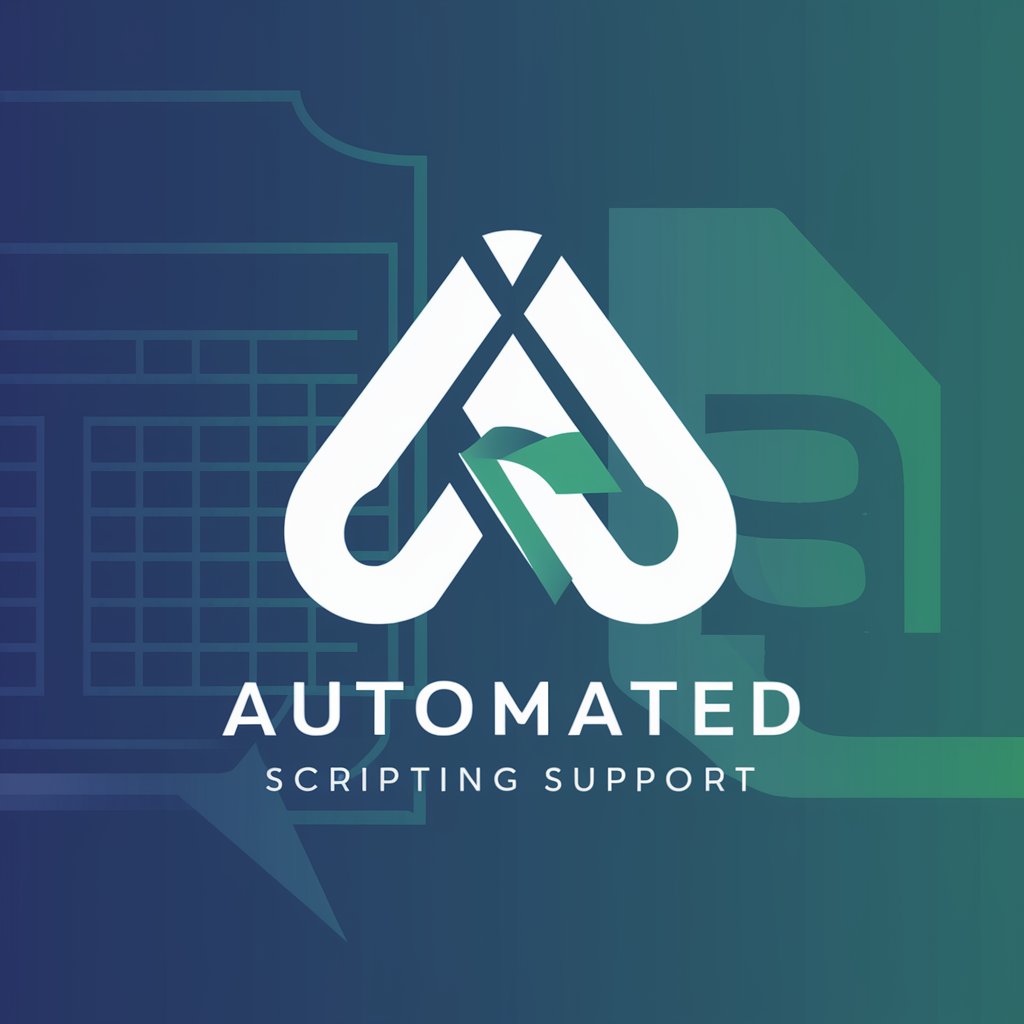DBA - AI-powered database assistance

Hello, how can I assist with your database needs today?
AI-powered DBA for all database needs
How can I optimize the performance of my SQL queries?
What are the best practices for designing a NoSQL database schema?
Can you help troubleshoot a slow-running database?
What are the differences between SQL and NoSQL databases?
Get Embed Code
Overview of DBA
A Database Administrator (DBA) is responsible for managing, configuring, and maintaining database systems to ensure their optimal performance, security, and reliability. The design purpose includes ensuring data integrity, enabling data accessibility, and providing efficient data storage solutions. For instance, a DBA might optimize a company's e-commerce database to handle an increased influx of transactions during peak shopping seasons. The DBA would monitor performance metrics, optimize query executions, and ensure that data backups are timely and secure, thus guaranteeing a seamless shopping experience for end users. Powered by ChatGPT-4o。

Key Functions of a DBA
Database Design and Architecture
Example
Designing a normalized database schema for a hospital to store patient records.
Scenario
A healthcare organization requires a new patient management system. The DBA designs a schema that organizes patient information efficiently while following HIPAA regulations for data privacy.
Performance Tuning
Example
Optimizing SQL queries for an online retailer's product database.
Scenario
During a marketing campaign, the retailer experiences slow search queries. The DBA identifies problematic queries and optimizes them to reduce load times, ensuring quick responses for customer searches.
Backup and Recovery Planning
Example
Implementing backup schedules for a financial institution's transactional database.
Scenario
The DBA develops and schedules regular backups of transactional data. In a database corruption scenario, the DBA swiftly restores the database from the latest backup, minimizing financial losses.
Security Management
Example
Establishing access control policies for a SaaS company's customer data.
Scenario
The DBA ensures that only authorized personnel can access sensitive customer information by implementing role-based access controls and auditing database logs for suspicious activity.
Ideal Users of DBA Services
IT Departments in Enterprises
Large enterprises rely on DBAs to manage their complex databases that support mission-critical applications, ensuring optimal performance and high availability.
Small and Medium-Sized Businesses
SMBs often seek external DBAs or database consultants to help manage and optimize their databases due to limited in-house expertise.
Developers and Data Analysts
These professionals benefit from working closely with DBAs for database architecture planning, schema changes, and query optimization.
Managed Service Providers (MSPs)
MSPs often provide DBA services to clients as part of their broader IT offerings, helping to ensure data security, performance, and compliance.

How to Use DBA
1
Visit yeschat.ai for a free trial without login, also no need for ChatGPT Plus.
2
Explore available features, including SQL and NoSQL database management, design, and performance tuning.
3
Specify your database challenges, whether it's optimizing schema design, writing efficient queries, or managing large data sets.
4
Receive practical and actionable advice tailored to your needs, including step-by-step guides for troubleshooting or fine-tuning.
5
Apply the guidance provided and revisit regularly to refine your database practices and stay updated with new insights.
Try other advanced and practical GPTs
BETTINGBOT
AI-Powered Sports Betting Insights

Audio Analyzer
Unveiling Sound with AI Precision

Frontend Code Assistant
AI-powered Frontend Coding Expert

ASS
AI-powered assistance for Google Apps scripting

Fluent Paraphrasing
Craft flawless English effortlessly.

Apresenta Fácil
Crafting Seminars Simplified by AI

Python and DBA Expert
Empowering your code with AI

Gabinete LCC
Streamline Legal Drafting with AI

Novel Craft
Unleash creativity with AI-powered flair

Lazy StockFocus
AI-powered tool for image optimization

Livewire v3 Coding Assistant
Power Up Your Laravel Apps

X statements(Xのポスト提案)
Crafting AI-Powered Custom Statements

DBA Questions & Answers
How can DBA assist with SQL query optimization?
DBA analyzes your query structure, provides indexing strategies, and suggests efficient joins and subqueries to reduce execution time, ensuring your queries run optimally.
Can DBA help design a NoSQL database schema?
Yes, DBA offers best practices for schema design in document-based and key-value NoSQL databases, helping align your schema structure with your application's data access patterns.
How does DBA address database performance issues?
DBA identifies common bottlenecks like slow queries, missing indexes, and locking problems, offering practical steps to resolve them and achieve peak database performance.
Does DBA assist with database migrations?
Yes, DBA provides guidance for migrating data between different databases, offering strategies to minimize downtime, avoid data corruption, and ensure integrity.
How does DBA approach security for databases?
DBA recommends security best practices, including encryption, user access management, and secure backup strategies, helping safeguard your data against breaches.
